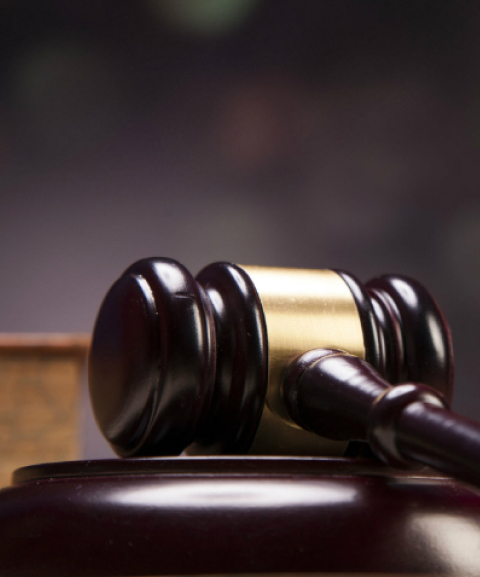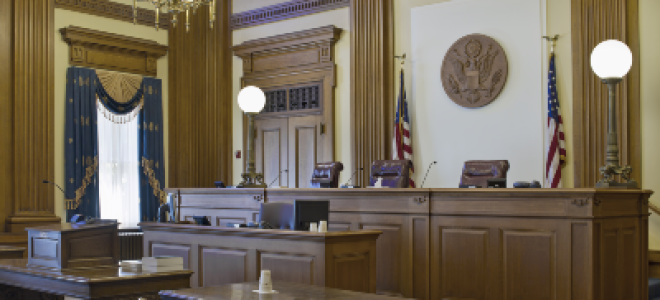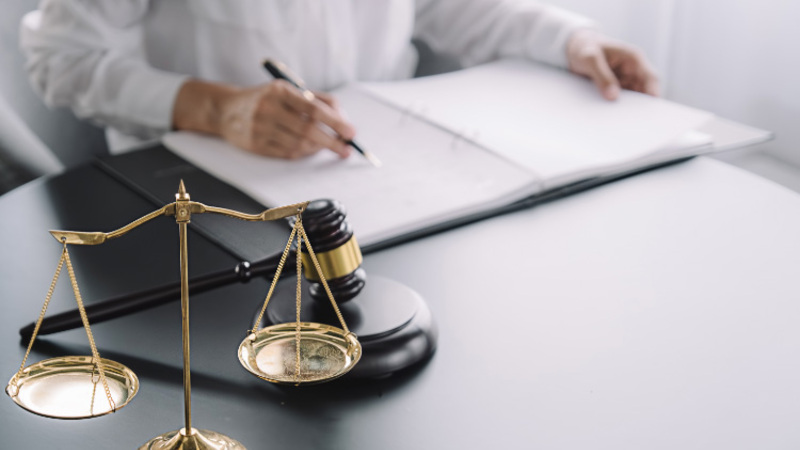Polk County bankruptcy laws indicate that eligibility for chapter 13 requires an income of no less than $38,408 for individual consumers and $46,590 for families. A failure to pass the means test for this chapter could qualify the consumer for chapter 7. However, she or he should own assets and properties that could generate enough proceeds to settle their debts. Through a Bankruptcy Des Moines claim, the consumer discovers his or her options for immediate debt-relief.
Understanding Your Options
Consumers who are swimming in debt are not required to file a bankruptcy claim to achieve debt-relief. It is, however, a viable option. Alternatives to Bankruptcy Des Moines are debt consolidation loans, quick sale of properties, and negotiating with creditors. These methods could eliminate a significant amount of debt and allow the consumer to avoid bankruptcy.
However, consumers who are facing probable litigation due to late or non-payment of debts could take advantage of the benefits offered through Bankruptcy Des Moines. Among them are exemptions, an automatic stay for foreclosure and repossession, and reduction in debts. The Polk County court could also discharge debts such as credit card accounts.
Unfortunately, some debts such as student loans are not eligible for discharge. However, a reduction is possible if an attorney negotiates with the lender on behalf of the borrower. In cases where repayment of student loans could present a financial hardship, the court could discharge some or all of this debt. In Bankruptcy Des Moines court, a judge evaluates these debts compares them to the consumer’s incoming earnings to determine a hardship.
Bankruptcy provides an extended period of time to settle debts through chapter 13. These cases are allowed for up to five years. The drawback to these claims is that the consumer must use any expendable income to settle debts outside of Bankruptcy Des Moines. He or she is required by court order to comply with all stipulations of the case or suffer penalties such as early discharge of their case.
When this occurs, creditors regain the right to take legal action, including foreclosure. Any properties protected due to exemptions are no longer safe once the case is discharged. All payments are garnished from the consumer’s wages; however, a failure to generate ample earnings may also end the bankruptcy.





